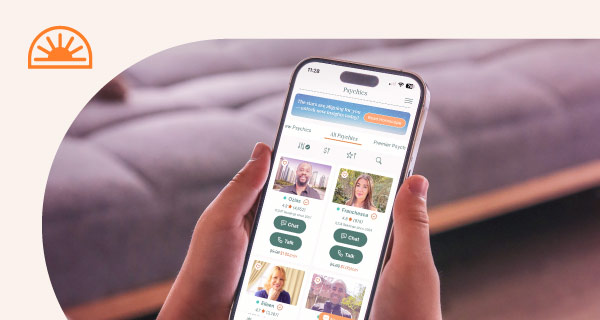You pass him in the streets. He works in your building. You frequent the same Starbucks. But while he’s cute, reasonably articulate, and responsive to the casual smiles you send his way, you’d never dream of asking him out. Clearly, he’s just not your type.
And what is your type, really? Often it’s a concept of Mr. Right that has been reinforced since childhood. It might be an echo of a past relationship or a trend in past attractions. Your type might be modeled after your father–a genetic and social predisposition to which you’ve been subject since birth–or it may be an unrealistic fantasy you’ve constructed to protect yourself. Sometimes it’s no more than a stubborn fixation on certain qualities to the exclusion of others. Your type may be any of these things; more likely it’s a combination of several. So the real question is not what is your type or where did it come from, but why should some arbitrary archetype born of pop culture, old attractions and failed relationships play such a powerful role (or ay role at all) in governing your current love choices?
One thing we know is that your “type” is likely to reveal a lot about you and what you want (and don’t want) in a relationship. The mere fact that you have a prototype in mind means you have a predetermined concept of what you want your next relationship to look like. It’s not that knowing what you want is necessarily a bad thing. Realizing that you have more in common with creative people and that you have little patience for men who still spend all night on benders with their friends will help you choose someone more likely to compliment your interests and lifestyle. But if you don’t realize why it is that you’re attracted to one type of person over another, if you’re truly adhering to unfounded parameters of what is and isn’t for you, you may be needlessly ruling out a good portion of the population.
It may even be that you are eliminating prospects without realizing it. Just because a preference has become subconscious doesn’t make it any less arbitrary or limiting than a conscious decision. Why not try an exercise: challenge yourself to see potential in everyone, at least for one day, and don’t write them off without real, justifiable objections. Even if you’re not initially attracted to a person, hold off on that judgment.
After all, what we’re really questioning here is the nature of attraction itself. So much of what we’re drawn to in people is really acting out our own past mistakes and current insecurities. And so often, it’s our types that have led us to unsuccessful partnerships in the past. What if you could strip yourself of all of that and make decisions based on unpolluted impulses and logical evaluation? What if you were open to revising your imprint of love altogether? So you never pictured yourself dating someone more than five years older, two inches shorter or who wears that belt with those shoes. So someone who’s working that hard to get your attention wouldn’t normally show up on your radar. He may not have swept you off your feet on your first meeting, but who’s to say about the second or the third?
Generally, the qualities we associate with our types are largely superficial or circumstantial. They rely on your first impression, on social power or pheromones, and don’t make the list when you assess what you admire in a person or couldn’t live without in a mate.
It shouldn’t be surprising that people who are more open to finding love and more open minded about where they will find it have an easier time falling in love. Those with the fewest set specifications going in are more flexible in the kind of happiness they want and more successful in finding it. After all, if you write off the man with too many freckles or the wrong sort of job you will never discover that he is exactly what you never knew you were looking for.
Need help finding love? Call
1.800.573.4830 or click here
now. |
|



